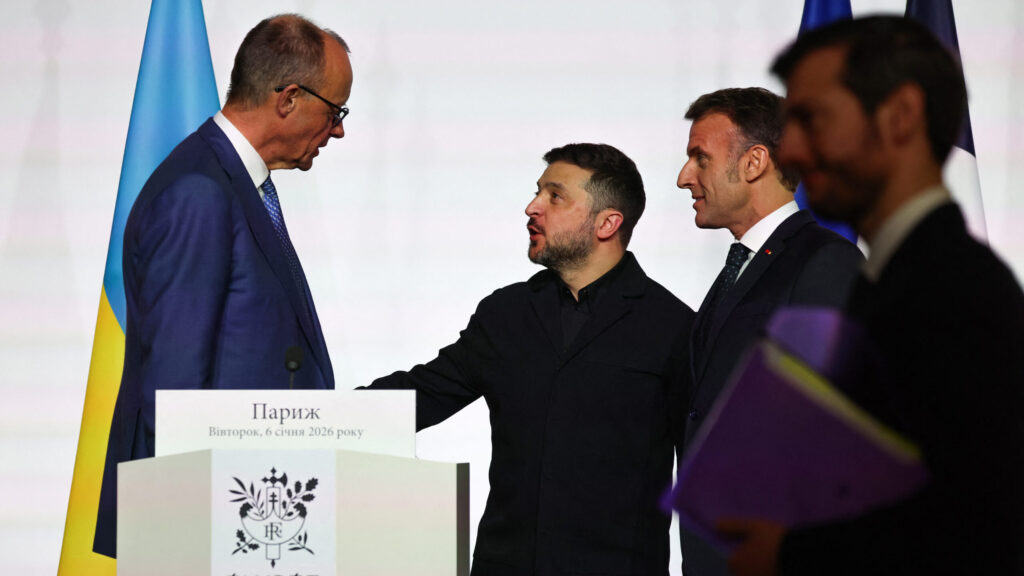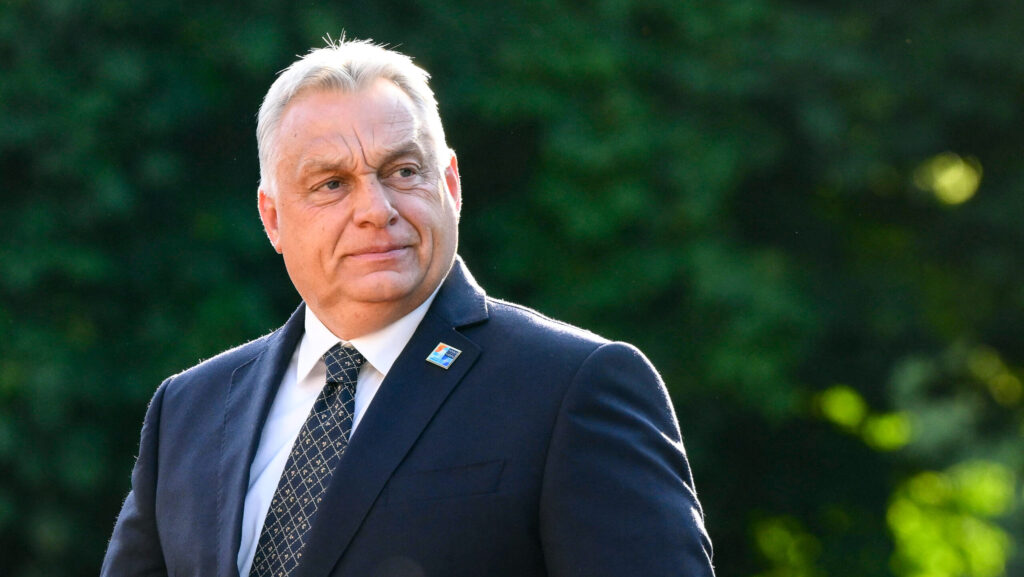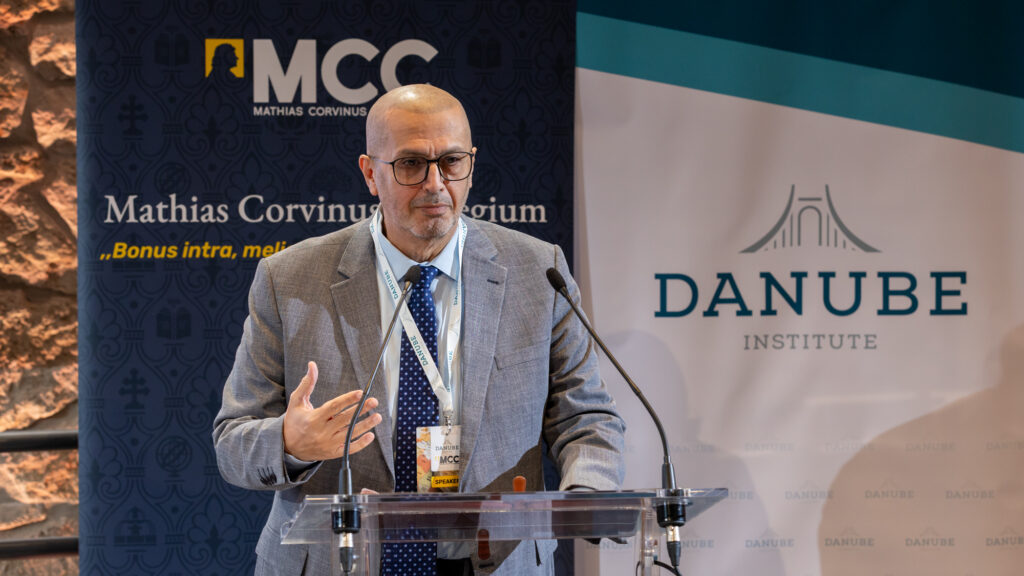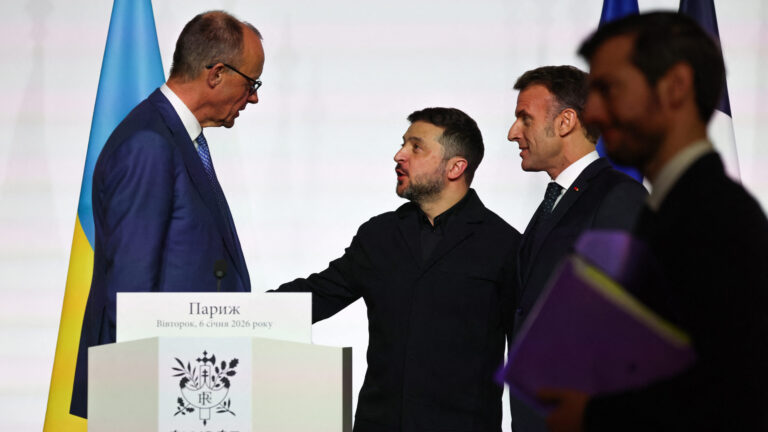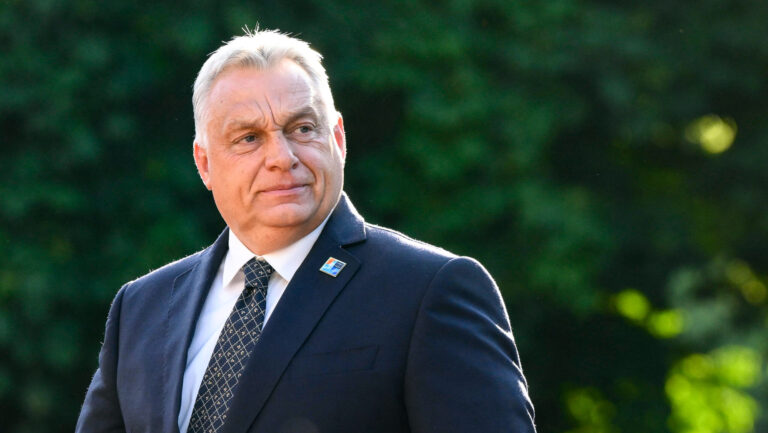Online anxiety is emerging as a major mental health challenge in the digital age, experts said at the ‘Under Pressure – Our Anxieties in the Real and Virtual World’ conference held in Budapest. Organized jointly by the Fogjunk Össze az Egészségügyért Foundation and the National Media and Infocommunications Authority (NMHH), the event explored the growing psychological burden of social media and the blurred lines between digital and real-life stress.
Research expert Zsófia Bodolay-Papp explained that social media use often fuels anxiety, as users constantly compare their lives to others, leading to feelings of inadequacy and stress. She noted that many people experience fear of judgment online, messaging-related anxiety, and a fear of missing out (FOMO).
Bodolay-Papp added that an increasing number of people now turn to artificial intelligence for emotional support, sometimes even as a replacement for psychotherapy. She also pointed out that anxiety has become the foundation of an entire industry, with countless online products promising relief—vitamins, supplements, or ‘stress cures’—many of which are ineffective or even harmful.
Fellow researcher Ágnes Brlázs highlighted that women and girls tend to experience higher anxiety levels than men. Studies show that children and teenagers who spend long hours on social media often perceive their lives as duller and themselves as less happy, yet remain active on these platforms out of fear of social exclusion. She added that regions with lower levels of digital literacy tend to have significantly higher rates of online bullying.
Addiction consultant Borbála Ferenczi drew attention to the roughly 400,000 children growing up in Hungary in families affected by addiction. ‘Children in such environments face constant anxiety due to unpredictability and emotional instability,’ she said. Shame and secrecy often prevent families from seeking help until the situation becomes critical.
Ferenczi emphasized that those affected often struggle with anxiety, panic attacks, depression, self-harm, and suicidal thoughts. Chronic anxiety, she warned, can impair cognitive function and neurological health, draining energy and focus over time.
Andrea Ficzere, president of the Fogjunk Össze az Egészségügyért Foundation, underlined that anxiety is not always visible, especially in children. She expressed hope that the conference would help participants recognize and address their own hidden fears and emotional burdens.
NMHH’s Director of Media Market Cooperation and Research László Zsolt Szabó noted that this was the fourth joint conference between the two institutions. He said anxiety manifests both in digital and real spaces, and that the event aimed to offer practical insights and coping strategies for both.
Related articles:


